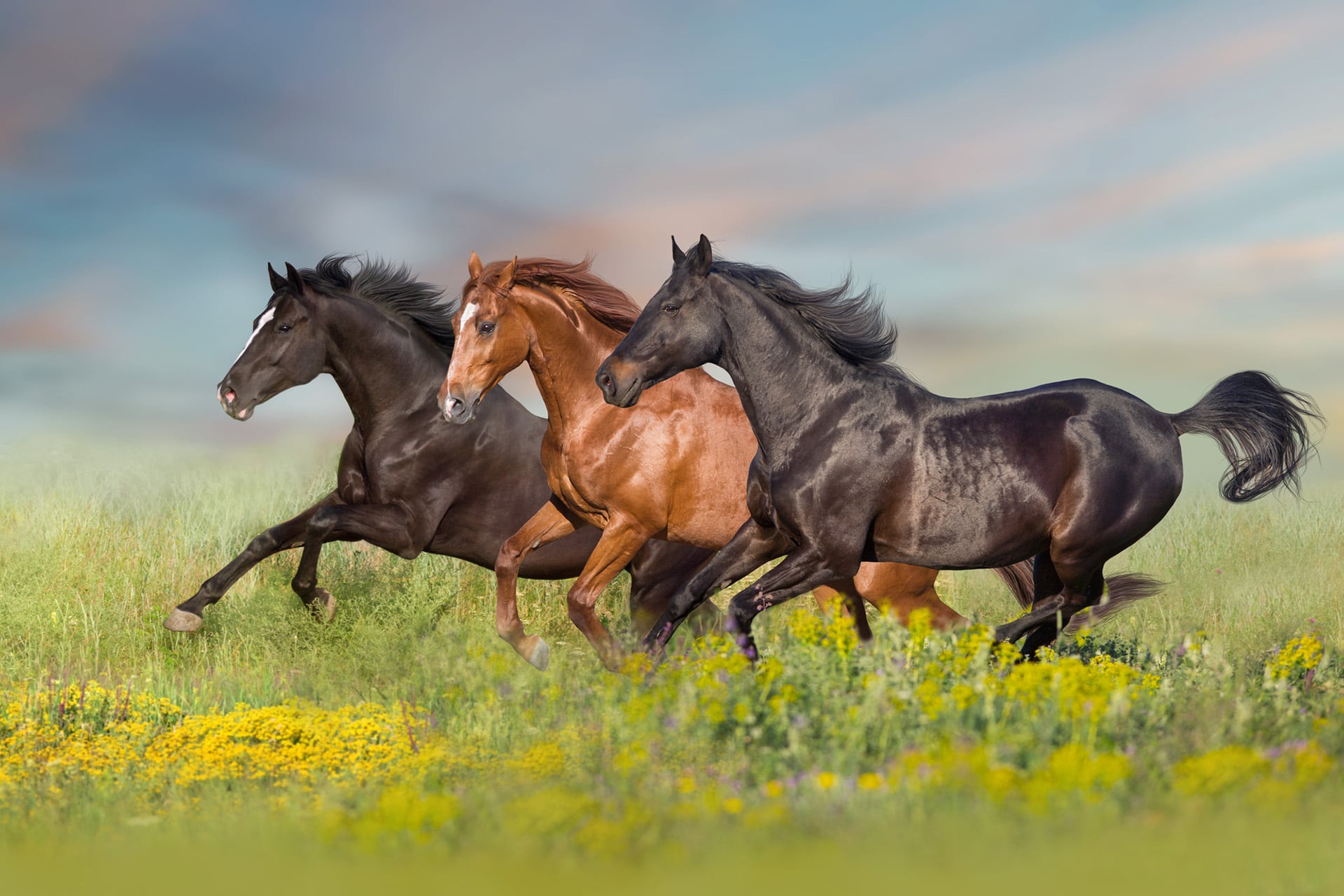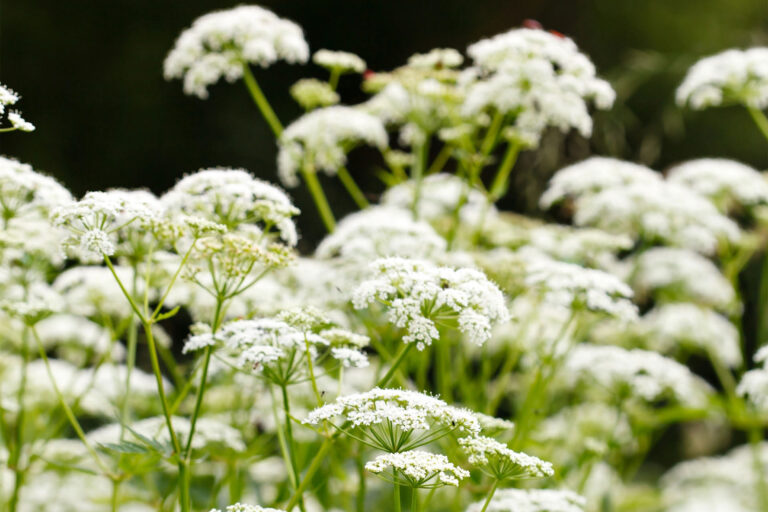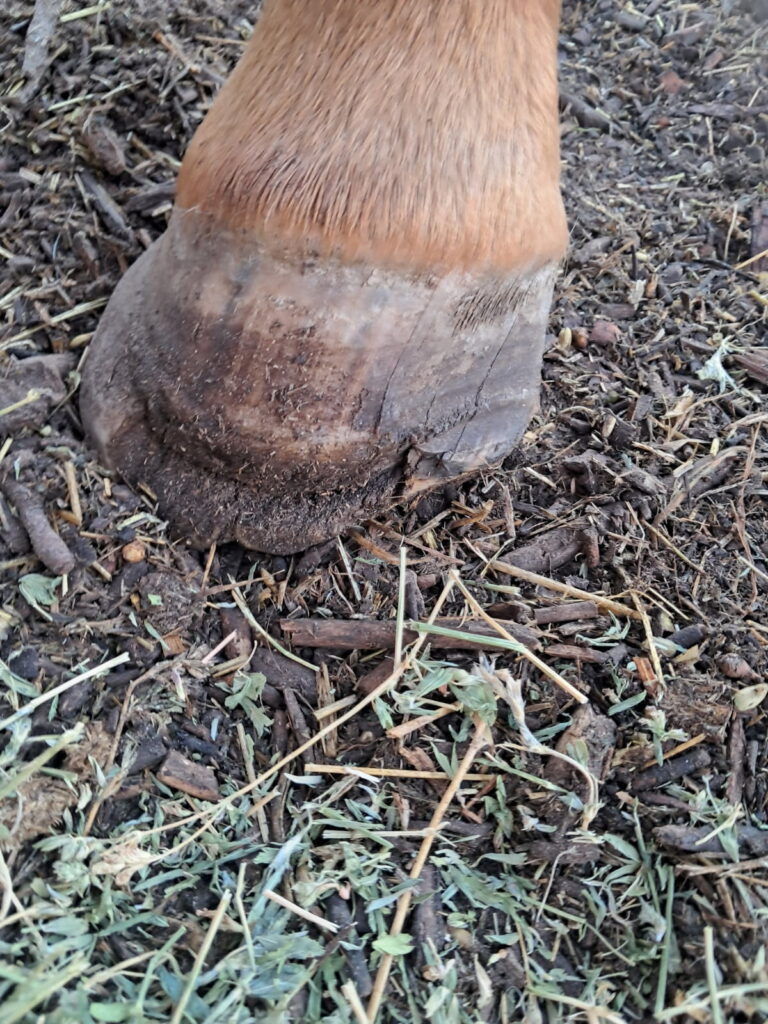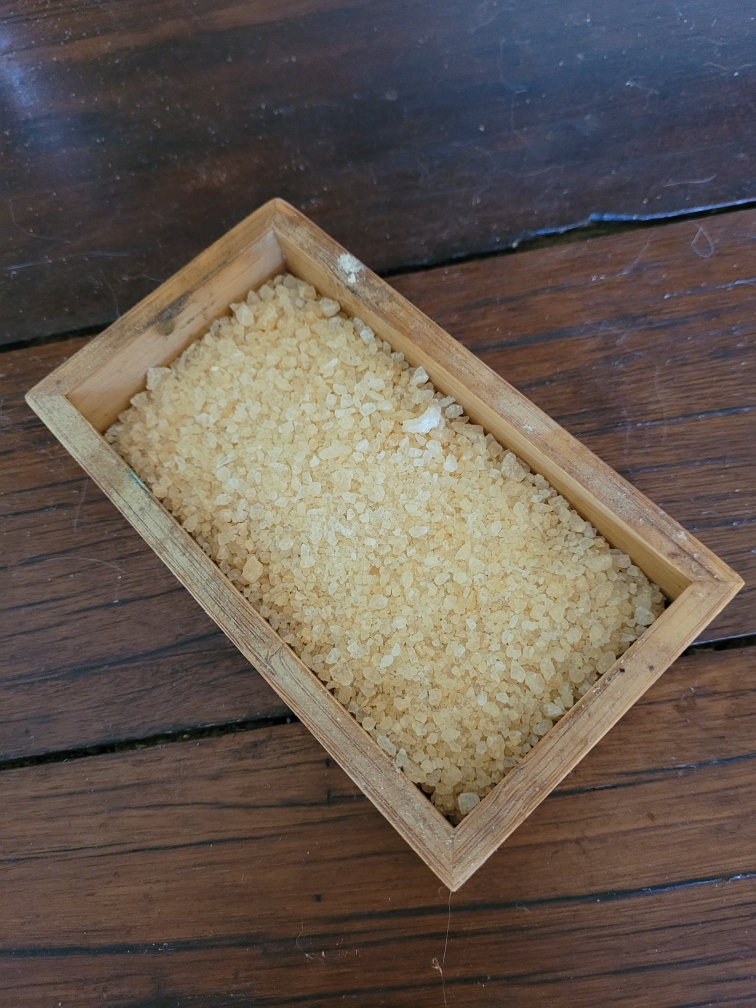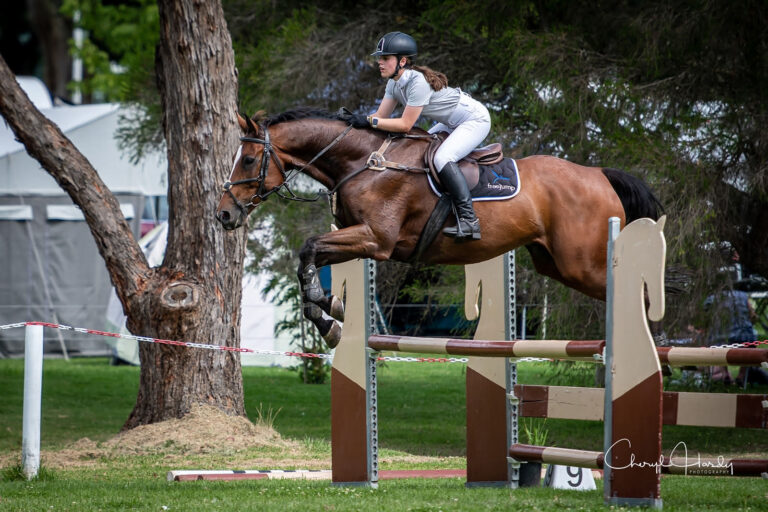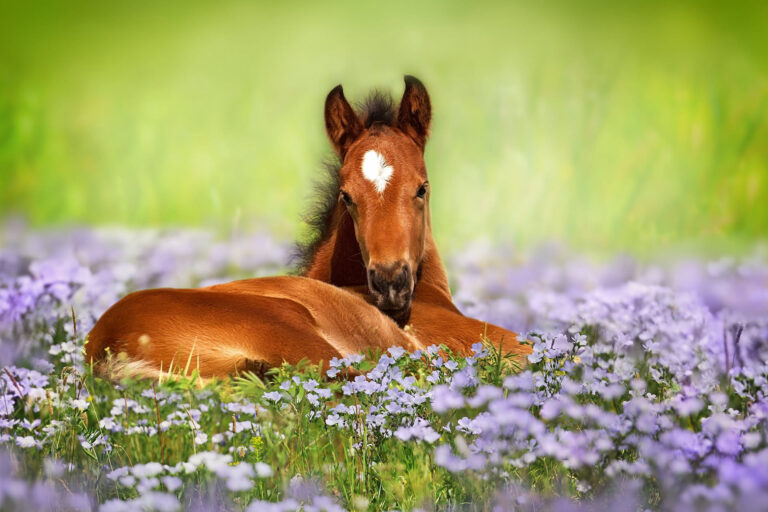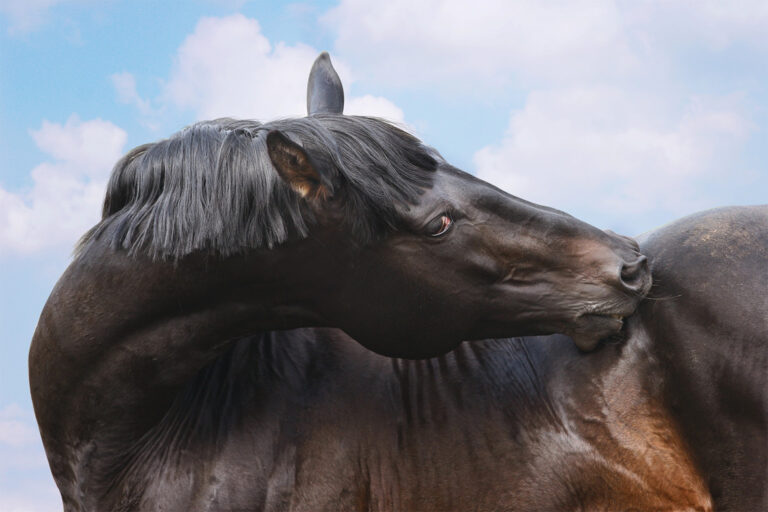Commonsense Factors to Consider when Designing Diets
This blog is an add on to The Natural Feeding Guide for Horses & Ponies, downloadable when you buy Equi-Vital. The guide has all the amounts of the feeds and supplements to work out your own diets using Equi-Vital All Natural Supplement. More information on the Equi-Vital All Natural Supplement here.
You also need to take the following important factors into account in addition to that information, when designing diets for your own horses and ponies.
Worming Status
It goes without saying that if a horse has a worm burden, then their ability to convert feed is lowered as well as their general health, appearance and energy. It’s important to have a program in place which is strictly followed. This will be the subject of the next Blog.
Dental Status
Horses should have their teeth checked at least annually, and attended to by a reputable equine dentist. I am not in favour of the widespread use of power tools, because of the risk of damage to the pulp of the teeth, the risk of mis-aligning of the bite and grinding down the teeth too low, all of which are virtually irreversible. In the hands of an expert they can be used to rectify serious problems, but this is usually only needed once.
If the horse can’t chew properly, the first stage of digestion is impaired, and therefore the rest of the digestion, leading to poor condition, not to mention distress.
Climate/Seasonal Conditions
Australia has a huge range of climate and seasonal conditions, all of which have an effect on the health of horses. Clearly horses in temperate climates with cold winters are going to need more feed in winter while those living in tropical climates where winters are mild, this is not as big a factor. Hot conditions, whether dry or humid also affect horses significantly, if they are not provided with sufficient shade shelter and their hydration levels monitored.
Some horses feel the heat and others the cold, so manage accordingly.
Water
Water is an essential nutrient, the better the quality the better the nutrition. Plastic is not inert so water containers should not be plastic. Troughs made from concrete are the best and for horses in stables stainless steel buckets hanging on a bracket on the wall are the best.
Town water can be made more palatable to horses and increase their consumption by the addition of Mudgee High Grade Dolomite at the rate of 1 tablespoon per 20 litres. This clay will filter out much of the fluoride and chlorine.
Shelter/Rugging
Regardless of the climate or the season horses need access to shelter from the elements. Rugging is a controversial subject because some horse owners think that rugging is not necessary and then proceed to leave the horse in a bare yard with no shade and no protection from wind. If horses are in a mob and in a big paddock with trees and different terrain, this allows them to find the most comfortable spots according to the weather. Then if they have access to plenty of feed, rugs are clearly not necessary.
At the other end of the spectrum are those which are so over rugged they are perpetually hot and seldom get their rugs off so they have virtually no access to the necessary benefits of Vitamin D, made by the action of the sunlight on their bodies.
Please rug your horses appropriately for their comfort and health.
Doing Ability (aka Feed Conversion)
This is affected by genetics and health status. Those that fall into the very good doing category are most ponies, Quarter Horses, crossbreds with some heavy horse blood, heavy horses, all the Baroque breeds like Andalusians, Friesians, Warmbloods and many Stock Horses. Thoroughbreds are noted for not being the best doers along with Arabians, but crosses will be easier to condition. There are always exceptions of course such as some English Riding Ponies and some Stock Horses who have a lot of Thoroughbred blood.
So doing ability must be taken into account when designing diets, but for horses and ponies with metabolic problems such as Equine Metabolic Syndrome, feeding them next to nothing is not the answer. They can have their metabolism and appetite balanced with customised herbal prescriptions, usually over a blood cycle (3 months) which will keep their weight under control and they will still have the benefit of the nutrition they need to be healthy.
Go to our Consultations page for help with this.
Gut Health
Unless the gut is healthy and functioning well, the full benefits of the best diet in the world will not have optimal results. Gut ulcers are usually blamed for poor gut health, but there are other gut issues which are to blame, and most importantly liver deficiencies which go hand in hand with gut issues. The health of the liver and the gut can be brought into full health using customised herbal prescriptions or well designed herbal formulas.
Go to view our Walkenny Park Equine Products for more information.
Temperament
You know your own horses better than anyone else so it is clearly not a good idea to feed a lot of grain, if any, to “hot” horses that fire up easily and are very reactive to their environment. However this can often be the result of a pre-mixed fast feed diet. Then there are those laid back characters who thrive on the right amount of grain in their diet.
Current Goal
With performance horses it is very important to assess energy needs depending upon the demands of competition. Legging-up and coming back into work will require less energy compared with reaching peak fitness in a preparation. This is covered well with energy requirements per hour of work in the Natural Feeding Guide.
© Victoria Ferguson Dip.Herb.Med.
